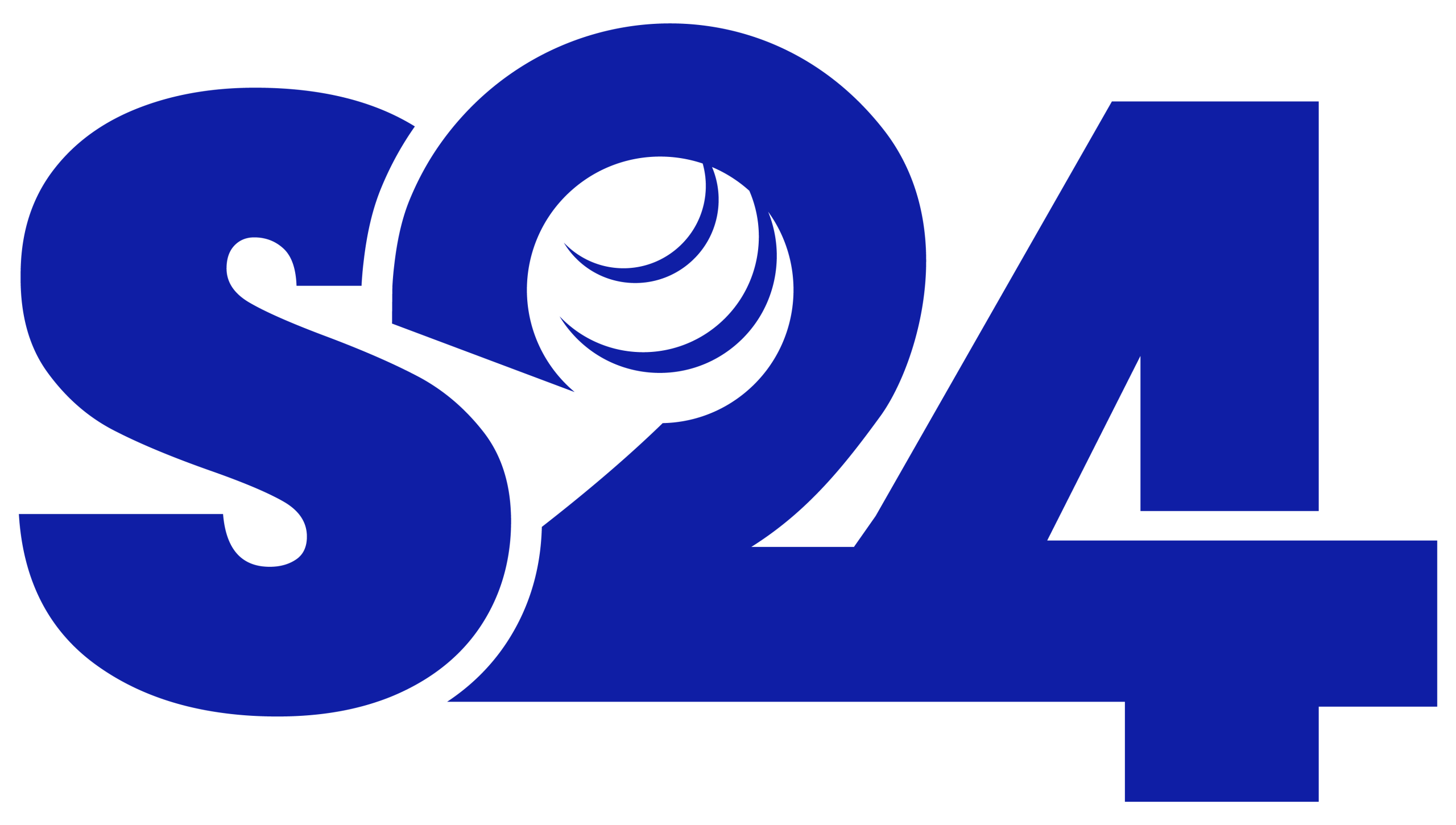In a renewed effort to stabilize Nigeria’s foreign exchange market and address rising import costs, the Central Bank of Nigeria (CBN) has injected $1.25 billion into the economy. The fresh inflow is targeted at supporting fuel importation and other critical sectors that rely heavily on foreign exchange access.
The move, according to sources within the apex bank, aims to ease dollar scarcity, curb speculative trading, and sustain the naira’s recent gains against major currencies.
The CBN’s $1.25 billion intervention comes amid growing concerns about Nigeria’s foreign exchange market volatility and rising fuel costs that have strained the country’s import-dependent economy.
An official of the bank, who spoke on condition of anonymity, said the measure was part of a strategic plan to ensure liquidity and support the government’s ongoing efforts to stabilize energy supply and other essential commodities.
“The Central Bank is taking necessary steps to ensure that the supply side of the market remains robust. This injection will help importers in critical sectors like fuel, manufacturing, and agriculture,” the official explained.
He added that the intervention also aims to reduce pressure on the naira, which has experienced fluctuations due to speculative demand and declining foreign reserves.
Nigeria, despite being Africa’s largest crude oil producer, continues to import most of its refined petroleum products due to inadequate local refining capacity. The dependence on fuel importation has left the country vulnerable to global oil price swings and foreign exchange shortages.
With the Dangote Refinery yet to begin full domestic supply of refined products, the import bill remains significant. By pumping $1.25 billion into the market, the CBN hopes to ease the burden on oil marketers and importers struggling to access foreign exchange.
An energy analyst, Dr. Hassan Umar, noted that the intervention could provide short-term relief but emphasized the need for long-term structural reforms.
He said, “The injection will definitely ease current fuel import pressures and stabilize supply chains, but Nigeria must accelerate refinery capacity development. Relying on forex interventions is not sustainable in the long run.”
The Nigerian foreign exchange market reacted positively to the CBN’s move, with the naira appreciating slightly across official and parallel markets. Market data showed the naira trading around N1,160/$1 at the official window, up from N1,200 earlier in the week.
Analysts believe the $1.25 billion injection will help boost confidence among traders and reduce speculative hoarding of foreign currencies.
Financial expert Chika Okonkwo said, “Every dollar supply helps the market breathe better. The CBN’s consistent presence reassures investors and importers that liquidity will be maintained. This is essential for price stability.”
However, he warned that the effect might be short-lived if fiscal pressures and inflation remain unaddressed.
The intervention underscores the CBN’s delicate balancing act managing inflation, maintaining reserves, and defending the naira without depleting its foreign exchange buffer.
Nigeria’s external reserves were last reported at around $43 billion, supported by improved oil prices and non-oil exports. Still, the challenge remains in ensuring that these reserves are used efficiently to support critical sectors rather than financing unsustainable imports.
The apex bank has also intensified efforts to curb round-tripping and ensure transparency in forex allocation. Recent policy reforms have included stricter supervision of Bureau de Change (BDC) operations and enhanced monitoring of banks’ forex utilization.
A senior economist at the University of Lagos,said the move reflects the CBN’s intent to maintain macroeconomic stability.
He stated, “This is not just about pumping money into the system; it’s about managing expectations and market psychology. The CBN wants to send a clear signal that it will not allow speculative attacks on the naira to continue unchecked.”
Reactions from industry players have been largely positive. The Major Oil Marketers Association of Nigeria (MOMAN) expressed appreciation for the CBN’s intervention, noting that it would enhance access to foreign exchange for product imports.
In a brief statement, a MOMAN official said, “We commend the Central Bank for recognizing the urgency of fuel importation needs. This support will help stabilize product availability and prices.”
Ordinary Nigerians, however, remain cautiously optimistic. Many are hopeful that the intervention will translate into reduced fuel costs and lower inflation.
A resident in Abuja, Ngozi Okafor, said, “We keep hearing about billions being injected, but we need to see the impact on prices at the pump and in the market. People are really struggling.”
The CBN’s $1.25 billion injection into fuel imports and other sectors signals a proactive approach to restoring confidence in Nigeria’s economy. However, experts agree that sustainable stability will depend on structural reforms, improved production capacity, and diversification away from oil dependency.
For now, the CBN’s move may buy time and relief but the long-term solution lies in building a self-sufficient economy less vulnerable to the swings of the global dollar market.
To Aptly put it, “No amount of forex injection can replace the value of self-reliance.”








